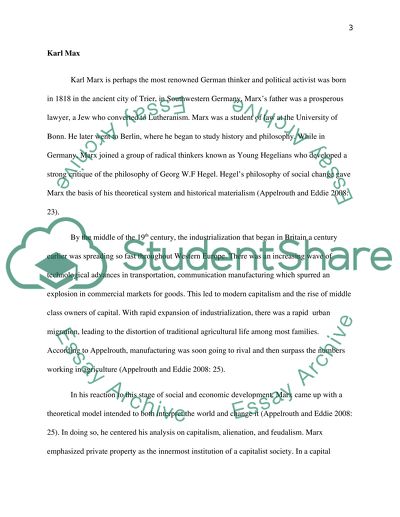Cite this document
(“A Look into the Sociological Works of Marx, Durkheim & Weber Essay”, n.d.)
Retrieved from https://studentshare.org/sociology/1402991-understand-the-social-world
Retrieved from https://studentshare.org/sociology/1402991-understand-the-social-world
(A Look into the Sociological Works of Marx, Durkheim & Weber Essay)
https://studentshare.org/sociology/1402991-understand-the-social-world.
https://studentshare.org/sociology/1402991-understand-the-social-world.
“A Look into the Sociological Works of Marx, Durkheim & Weber Essay”, n.d. https://studentshare.org/sociology/1402991-understand-the-social-world.


